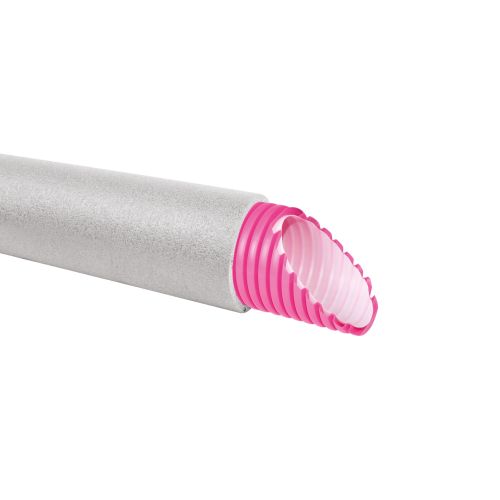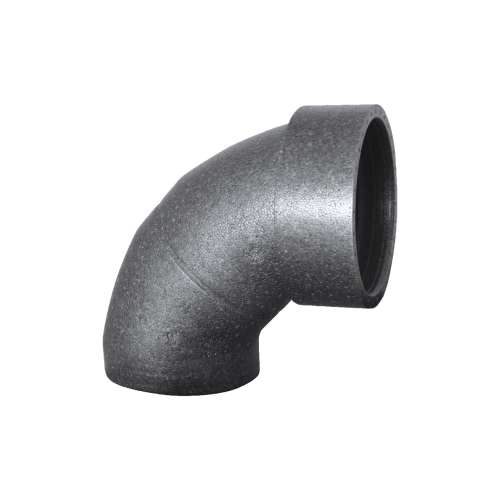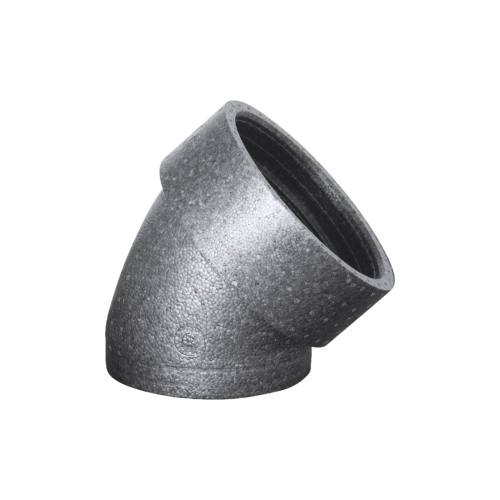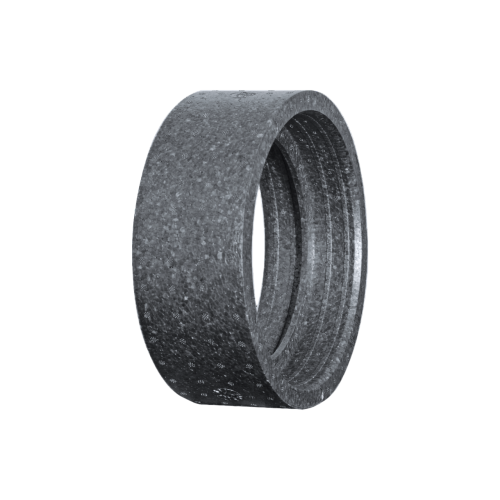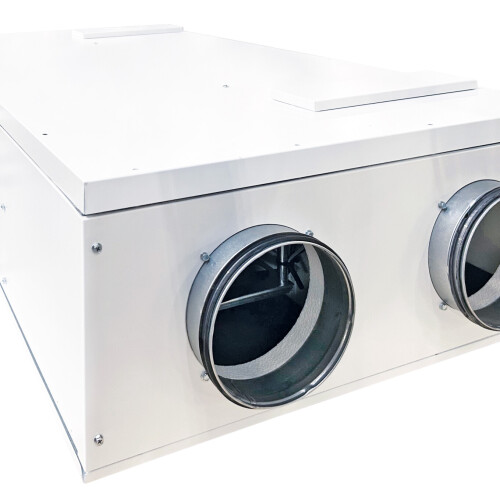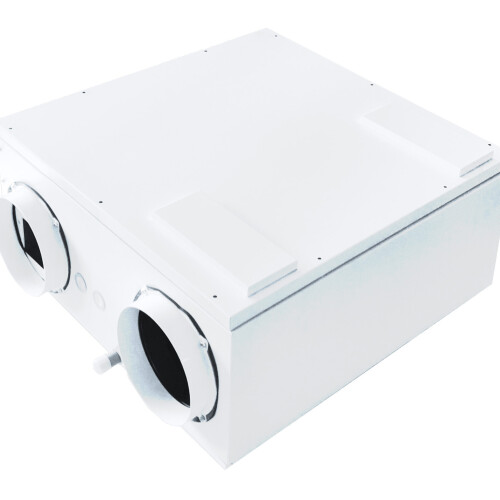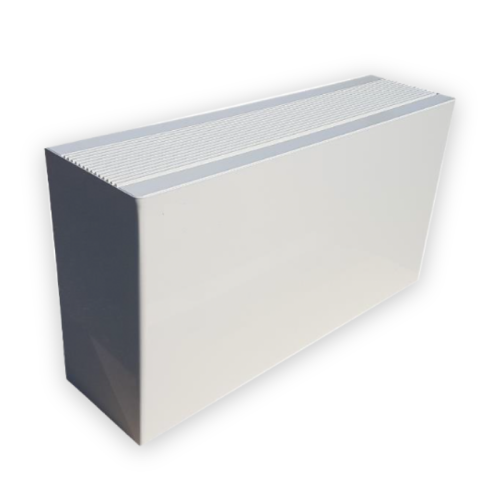Ventilation
The importance of ventilation in buildings
Ventilation is a crucial element for maintaining a healthy, safe, and efficient working environment. In industrial and commercial facilities, a well-designed ventilation system not only improves air quality but also contributes to worker safety and operational efficiency.
In this article, we explore the importance of ventilation in the B2B sector, the available technologies, specific applications, and emerging trends.
The importance of ventilation in workplaces: main technologies
Proper ventilation is essential to ensure a healthy working environment. In industrial settings, where chemicals, dust, and other pollutants may be present, ventilation reduces exposure risks and prevents health problems such as allergies, respiratory diseases, and fatigue.
In warehouses and logistics centres, good ventilation keeps the air fresh and reduces humidity, protecting stored products and improving working conditions.
There are several ventilation technologies suited to different business environments. Mechanical ventilation systems, such as heat recovery ventilators (HRV) and energy recovery ventilators (ERV), are designed to extract stale air and introduce fresh air while recovering heat from the expelled air to improve energy efficiency.
Natural ventilation systems use pressure and temperature differences to facilitate air exchange without mechanical energy. Finally, hybrid systems combine mechanical and natural ventilation technologies to optimise air quality and energy efficiency.
Specific ventilation applications in the B2B sector
Ventilation solutions are used in a wide range of business settings. In factories, they are essential for removing fumes, dust, and harmful chemicals, ensuring worker safety and regulatory compliance.
In offices, ventilation improves indoor air quality, reducing the occurrence of air-related illnesses and increasing employee productivity. In warehouses and logistics centres, good ventilation protects goods from humidity and damage while maintaining comfortable working conditions.
Benefits of ventilation
The benefits of an adequate ventilation system are numerous. Firstly, improving indoor air quality reduces the risk of respiratory diseases and allergies, promoting employee health and well-being.
Secondly, good ventilation prevents moisture build-up and mould formation, protecting structures and stored goods. Additionally, energy-efficient ventilation systems can lower operational costs by recovering heat from expelled air and reducing energy consumption.
Maintenance of ventilation systems
Regular maintenance of ventilation systems is essential to ensure efficiency and longevity. This includes cleaning and replacing filters, which can accumulate dust and debris, reducing system performance.
It is also important to inspect and clean air ducts to prevent dust accumulation and mould growth. Fans and heat exchangers should be checked regularly to ensure they function properly and show no signs of wear or damage.




